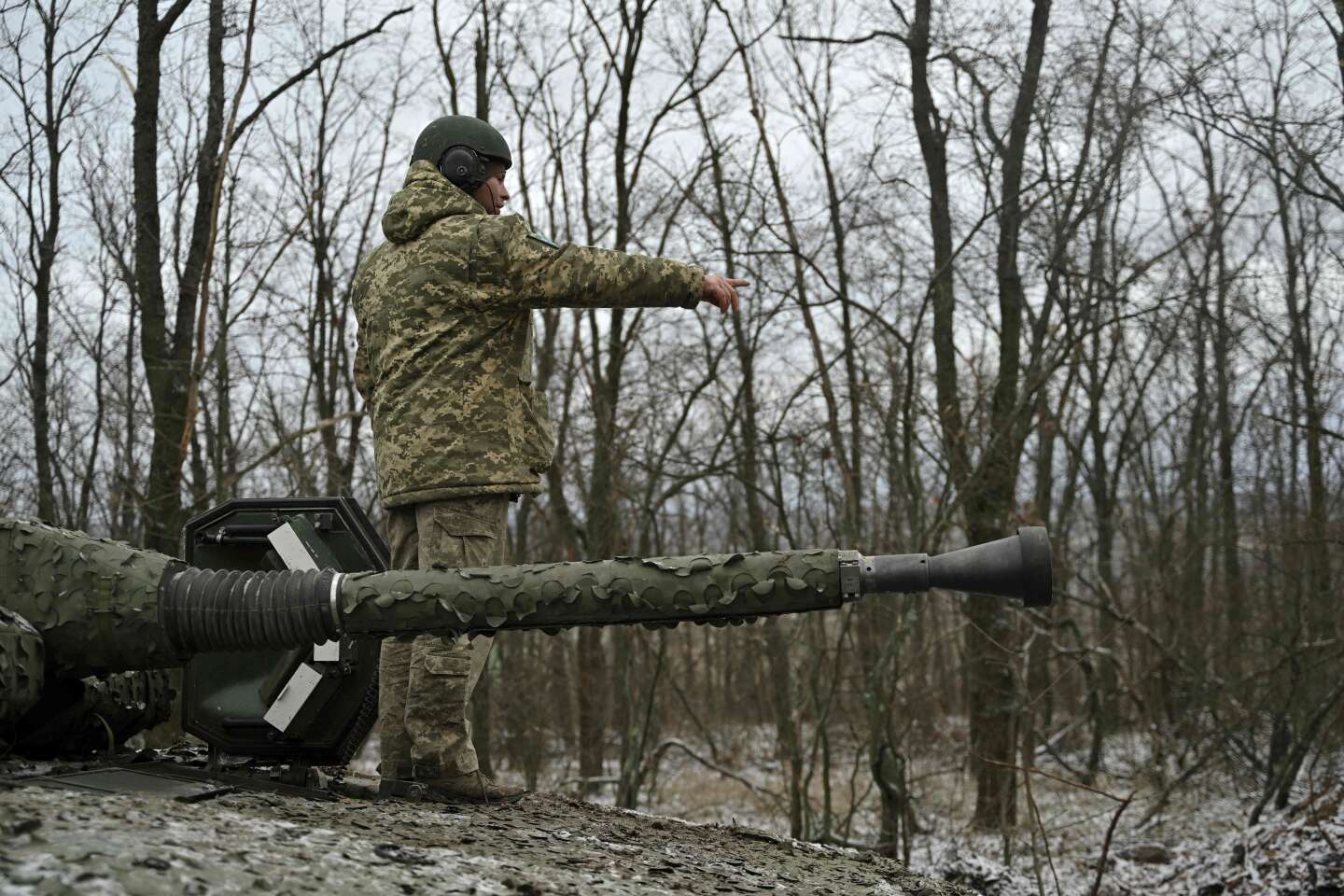


How do you break a deadlock? Head of Ukrainian armed forces General Valerii Zaluzhnyi took the bull by the horns in publicly asserting that the war on the Russian-Ukrainian front had reached a stalemate after more than 20 months of fighting and five months of counter-offensives. Ever since this statement, a widespread feeling of helplessness has overtaken some of Kyiv's allies. We'd like to forget this war. But not only has it not stopped, it looks set to continue for a long time.
To summarize earlier episodes: Russia invaded Ukraine on February 24, 2022. Initially, its forces met fierce resistance from the Ukrainian army and population. Surprisingly, the Russian army withdrew from the Kyiv region and northern Ukraine, not without committing war crimes. There was a second surprise for Moscow: the West, and particularly the Europeans, reacted in unison, sanctioning and breaking off relations with Russia and giving decisive support to Ukraine. In the autumn of 2022, Kyiv led a first counter-offensive in the east and succeeded in retaking towns from ill-prepared and ill-equipped Russian forces.
The dynamic reversed during 2023. The Ukrainians, outnumbered three to one by the Russians, faced a punishing scale of human loss. The Russian command learned from its 2022 setbacks and reorganized its forces, fortifying and planting mines along its lines of defense at the front. A second Ukrainian counter-offensive launched during the summer came up against these fortifications. By winter, the front was at a standstill. Fighting continued, but neither side was able to make significant progress. This is what General Zaluzhnyi called the "stalemate." The military confrontation is at a standstill.
In Moscow, Vladimir Putin stepped up a gear. For him, this war is existential. He has mobilized all the country's forces for arms production and considerably increased his defense budget. What Russia can't produce, it obtains from friendly regimes, such as North Korea, or those prepared to circumvent Western sanctions. He desperately wants to win. He is determined and has nothing to fear from the forthcoming presidential election, which will bring his fifth term in office in March.
The situation on the other side is different. For Ukraine too, this war, which it did not seek, is existential: its survival is at stake. But this depends heavily on the help of its allies – and they are less determined, or even skeptical.
There's a "war fatigue" factor. As Lithuanian Foreign Minister Gabrielius Landsbergis pointed out in Berlin on Tuesday, November 28, this "is a phenomenon of societies living in peace." Societies at war, on the other hand, cannot afford the luxury of war fatigue. Then there's the "what military strategy?" factor, a question that's agitating certain Western general staffs. They're convinced that they could do it better – but for that to happen, they'd have to send their own soldiers to be killed, and that's out of the question. The West would also have to be able to produce armaments at the same rate as the Russians, which is not the case at present. Finally, there's the "negotiation" element, being advanced by some American experts and former NATO secretary general Anders Fogh Rasmussen. The frozen state of the front line shows that this war cannot be won, so the time has come to negotiate to save the 80% of Ukrainian territory that is still not occupied by the Russians.
You have 45% of this article left to read. The rest is for subscribers only.
